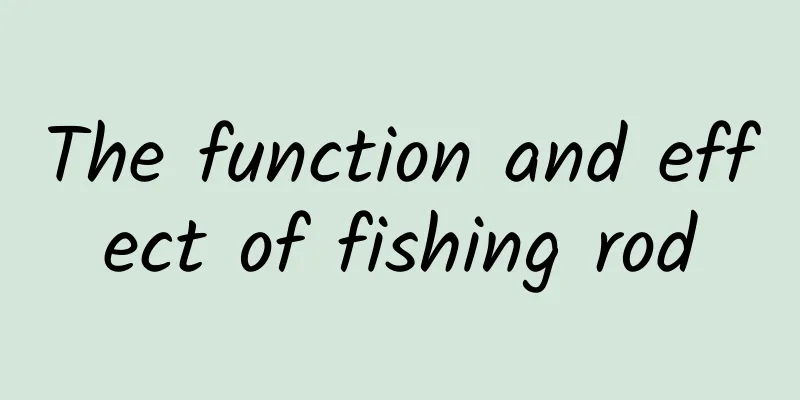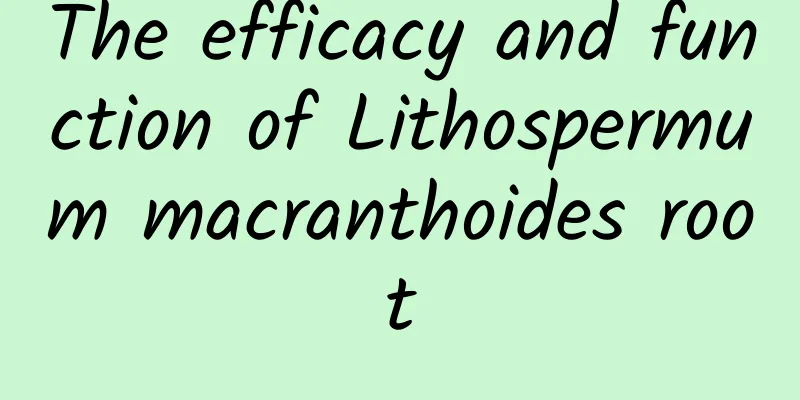How long is it appropriate to boil Chinese medicine?
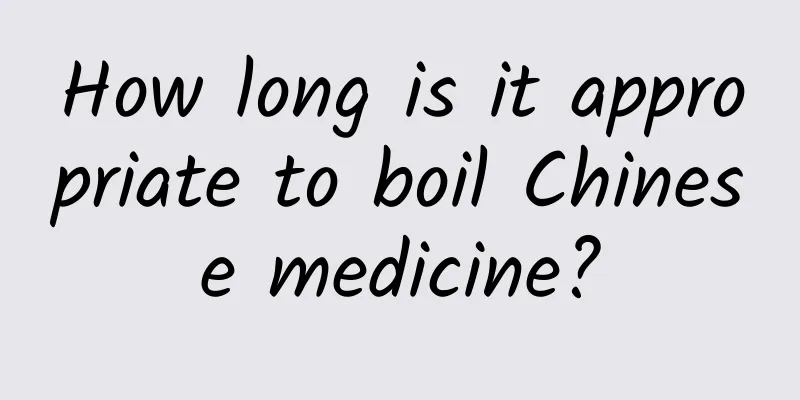
|
Traditional Chinese medicine is a treasure of our country. Generally, traditional Chinese medicine can treat many diseases. Many patients will have a doubt when choosing Chinese medicine treatment. After collecting the traditional Chinese medicine, they need to boil the medicine. Many patients do not know much about the efficacy of traditional Chinese medicine and do not know how long it takes. If the time of boiling Chinese medicine is wrong, it will affect the efficacy of the Chinese medicine. So how long does it usually take to boil Chinese medicine? Decoction of Chinese herbal medicines 1. Stone pots, porcelain containers, and stainless steel plates are recommended for decocting Chinese medicine. Copper utensils are prohibited. 2. Chinese medicinal materials should be soaked in cold water for about 20 minutes before decocting. The amount of water needed to decoct Chinese medicine is generally enough to cover 1-3 cm of the medicine surface. Large dosages and loose, hygroscopic medications can moderately increase water requirements. 3. The decocting time of Chinese medicine should be determined according to its efficacy, generally 30 minutes. Antipyretic, heat-clearing, and aromatic drugs are not suitable for long-term decoction. They should be decocted for 15-20 minutes after boiling. Bring the tonic medicine to a boil over low heat, then simmer over low heat for 40-60 minutes. When decocting Chinese medicine, stir the ingredients 2-3 times. Each dose of Chinese medicinal materials is generally decocted twice, and the second decocting time can be slightly shorter. 4. Dosage for decoction: 50-100ml per dose for children and adolescents. Adults: 150-200ml per dose. Basic cooking time After boiling, boil the first decoction of antipyretic medicine for 10 to 15 minutes, and the second decoction for 10 minutes; After the tonic herbs are boiled, boil them for 30 to 40 minutes, and then boil them for 25 to 30 minutes. For medicines of general characteristics, boil the first decoction for 20 to 25 minutes, and the second decoction for 15 to 20 minutes. In order for Chinese medicinal materials to fully exert their desired legal effects, they must be decocted for a certain period of time according to the characteristics of the therapeutic drugs. It is advisable to decoct many types of medicines twice. After the decoction is decocted, it should be filtered and dried while hot to avoid the content of the decoction in the residue as much as possible. Common problems in decocting Chinese medicinal materials Medicinal herbs with volatile ingredients, such as mint, perilla leaf, patchouli, and perilla, do not need to be decocted in a concentrated manner. To prevent the ingredients from evaporating during the decocting process, they must be decocted with the outer lid covered; Heat-clearing medicines such as honeysuckle tea and yellow chrysanthemum, as well as aromatic medicines such as white cardamom and beeswax, do not need to be decocted in a concentrated form; Some tonic medicines need to be decocted in a concentrated amount, but the actual decocting level needs to be determined by a Chinese medicine practitioner based on the patient's condition. Do not increase the dosage or increase the decocting time without permission. Some Chinese medicinal materials containing ginsenosides, such as Adenophora, Panax notoginseng, Achyranthes bidentata, Licorice, Platycodon grandiflorum and other therapeutic drugs, will begin to boil immediately when the temperature has not reached 100℃, resulting in a "false boiling" phenomenon. If the medicine is taken off the fire at this time, the ingredients in the medicinal materials will not be fully dissolved, the medicinal power will be affected immediately, and the expected therapeutic effect will not be achieved. Therefore, more attention should be paid during the decoction. The time of taking Chinese herbal medicine decoction is very important. Grasping the appropriate time of taking medicine can not only minimize the side effects of the therapeutic drugs, but also improve the efficacy. The time to take Chinese herbal medicine should be determined according to the patient's condition. If the disease is below the stomach (such as liver disease, kidney disease, etc.), it should generally be taken 30 to 60 minutes before meals; for the treatment of diseases above the stomach (such as heart, lungs, diaphragm, etc.), it is best to take it 15 to 30 minutes after meals. Under the premise of complying with this basic standard, the efficacy of therapeutic drugs should also be considered. For example, heat-clearing and detoxifying drugs, laxatives, and tonic drugs should be taken on an empty stomach; stomachic and digestive drugs or decoctions that are irritating to the stomach and intestines are best taken after meals; dog anthelmintics should be taken overnight (once before going to bed, and again on an empty stomach the next morning); laxatives should be taken only when they take effect, and overdose should be avoided; sedatives should be taken within 30 minutes to 1 hour before going to bed; antimalarial drugs should be taken 2 hours before onset of the disease; menstrual regulating drugs are generally taken before menstruation or during menstruation. |
<<: The efficacy and side effects of drinking Astragalus and Hawthorn in water
>>: How many days does it take for Chinese medicine to induce menstruation?
Recommend
Fish's memory not only exceeds 7 seconds, some fish may also have prehistoric memory
Produced by: Science Popularization China Produce...
The "ceiling" of human timekeeping, with an error of only 1 second in billions of years! Revealing the most accurate clock in space
Last October, with the successful launch of the M...
The efficacy and function of taro
Many people are not very clear about taro, so whe...
The efficacy and function of the smile flower
Do you know about the smiling flower? It is a com...
Side effects of Tongcao
Chinese herbal medicine has a very good effect on...
Subversion! It turns out that cats yawn not only because they are sleepy! It may also be...
Now More and more friends Joined the ranks of cat...
Just now! Typhoon "Ma'an" landed in the coastal area of Dianbai, Guangdong, please take precautions!
Around 10:30 a.m. , this year's ninth typhoon...
Is there something wrong with my eyes? Why do these weird stripes appear when I take photos of a TV screen with my phone?
When we pick up our phones or cameras and shoot a...
Warning! =͟͟͞10=͟͟͞͞Level=͟͟͞͞Thunder=͟͟͞͞Storm=͟͟͞͞Strong=͟͟͞͞wind will affect 9 provinces! How to deal with severe convective weather?
Heavy rainfall will continue today and tomorrow (...
The efficacy and function of tiger palm grass leaves
Tiger palm grass leaves are a traditional Chinese...
What are the functions and effects of collagen capsules?
I think except for female friends who often drink...
Mycoplasma pneumonia, why are there so many cases suddenly?
Recently, many places in China are experiencing a...
What are the benefits of drinking water with Astragalus and Pueraria
Astragalus and Pueraria are two very common Chine...
Can cerebrospinal fluid help make “rejuvenation” a reality?
Rejuvenation and immortality have been the unremi...
What are the effects of Tianshan Snow Lotus?
I believe everyone is familiar with Tianshan Snow...

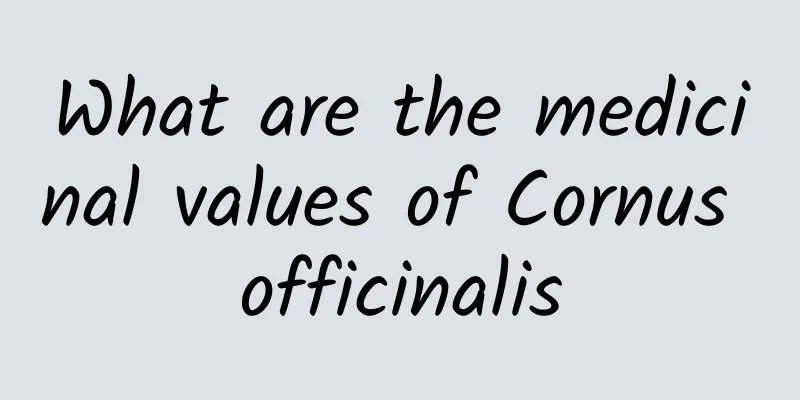
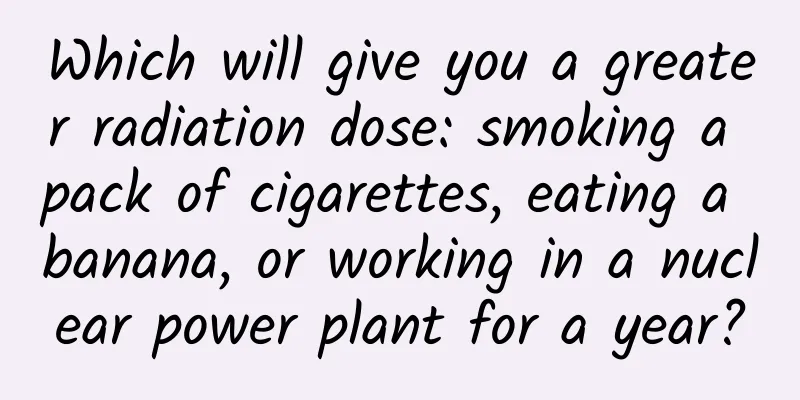

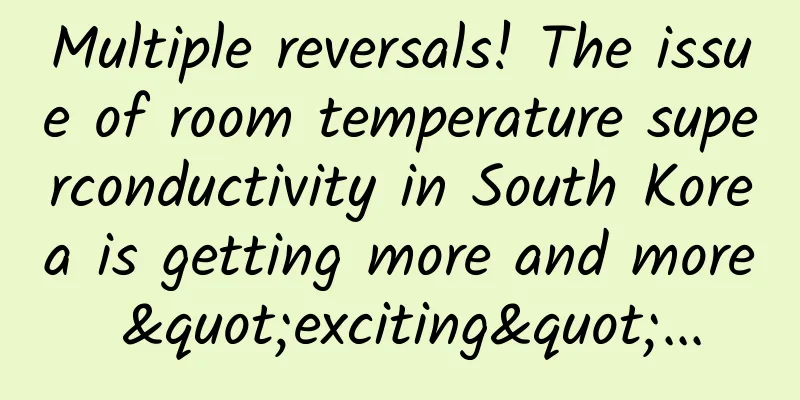
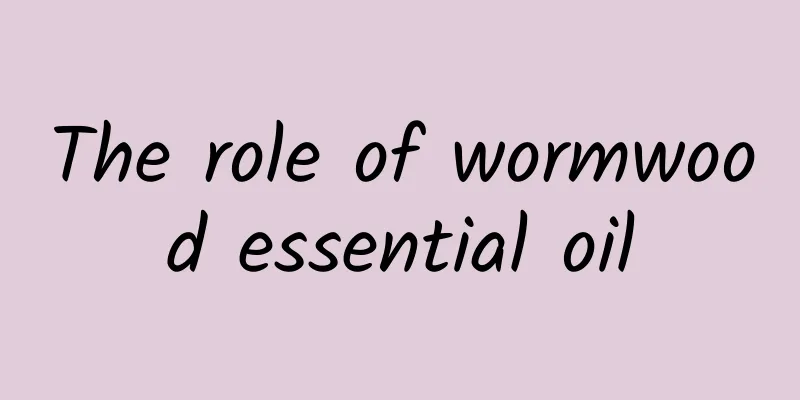
![The efficacy and function of Feilian [picture]](/upload/images/67ca5d63669c7.webp)

